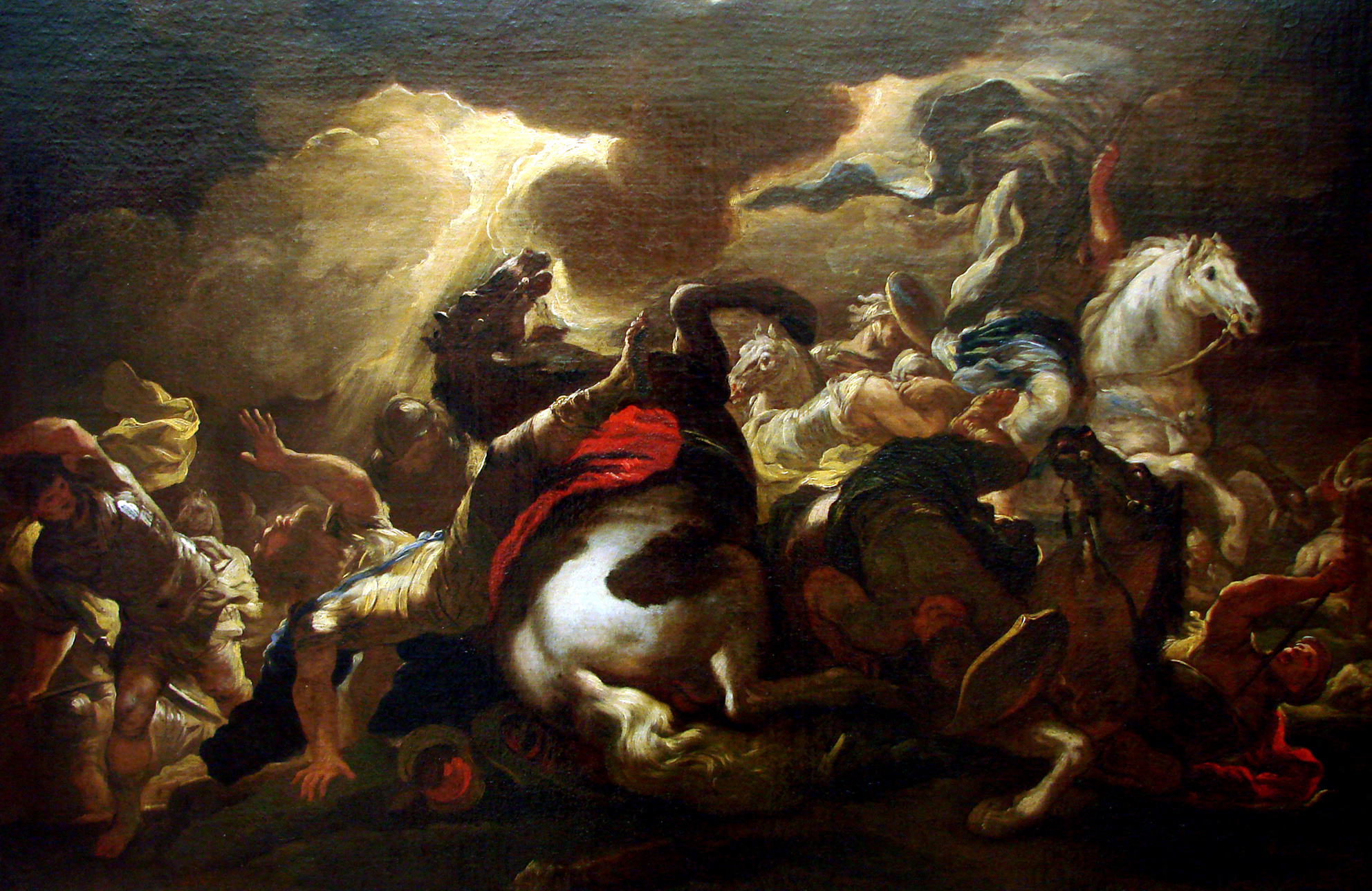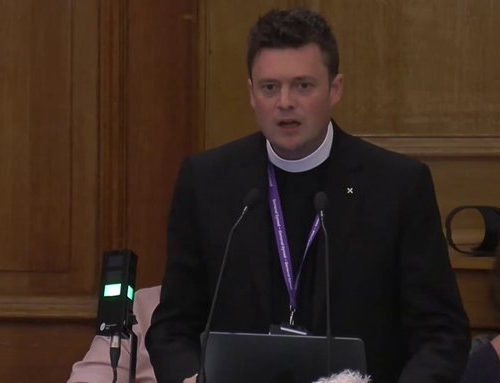The Essenes were a monastic group who observed celibacy, maintained strict religious rules and were intrigued by apocalyptic and Messianic prophecies. Because they were persecuted by the other Jews, the Essenes were scattered across Judea. “Josephus said the Essenes lived in ‘large numbers in every town.’ and had a network to support members when they travelled.”
The Essenes are most probably the community that was established at Qumran, and were therefore guardians of the library now known as the Dead Sea Scrolls. As we have seen in chapter seven, the community at Qumran was on the border of Nabatean territory, and I suggested that the Nabatean wise men would have known of the Essenes and been familiar with the book of the prophet Isaiah—one of the great finds among the Dead Sea Scrolls.
Another one of the Dead Sea Scrolls is called the Damascus Document. This parchment sets out the rules for a religious community and also recounts the history of the Jewish sect (presumably the Essenes) who went North into exile in Damascus because of persecution.
The Damascus Document connects with an interesting theory by French Cardinal and scholar of the early church, Jean Daniélou. He proposed that when the Essenes were in exile in Damascus they met Magi who influenced their thought, and that this meeting played a part in the development of early Christianity.
Daniélou’s speculation raises some fascinating questions. In a difficult passage, Justin Martyr also linked the Magi to Damascus. If the Magi met Essenes in Damascus when did they do so? Was it after the Magi visited Bethlehem? Some scholars believe the Essenes abandoned Qumran after being persecuted by Herod, and settled at the castle of Kokba southwest of Damascus. Did the Magi take refuge with the Essenes (who they already knew) in the castle of Kokba knowing they would be safe from Herod and the Nabatean King Aretas IV?
Irish Biblical scholar Jerome Murphy O’Connor thought the Essenes were influenced by Babylonian religion. Those influences may have come from contact with Nabatean Magi, whose wisdom was rooted in Babylonian lore. Did the Nabatean Magi settle in Damascus with the Essenes and establish a school of wisdom there in the years after Christ’s birth? Reflecting Nabatean history and culture, did that school of wisdom blend Eastern religion with ancient Abrahamic Judaism and Greek philosophy as did Nabatean religion and culture? Did the Magi ponder what had happened and begin to understand the birth of the child in Bethlehem to be not only the fulfillment of Isiah’s prophecies, but also the fulfillment of the other strands of their religion?
The speculation becomes even more intriguing when we move forward about thirty years from the birth of Christ to the events after his death and resurrection.
The Apostle Paul and Arabia
If Jesus was crucified around 33 AD, then by 35 AD the apostle Paul (who was then called Saul) was acting as an agent for the Pharisees in the persecution of the first Christians. Saul was among those who were arresting, imprisoning and killing the Christians.
The ninth chapter of the Acts of the Apostles, St Luke recounts how Saul received letters from the Jewish leaders authorizing him to travel to Damascus to round up the “followers of the Way”. On the road he experienced a vision of Jesus Christ and was converted. After spending a few days in Damascus, St Luke reports that Paul went to Jerusalem and met the other apostles.
But this is not the timeline Paul recounted elsewhere.
When writing to the Galatian Christians, Paul refers to his miraculous conversion and says, “I want you to know, brothers and sisters, that the gospel I preached is not of human origin. I did not receive it from any man, nor was I taught it; rather, I received it by revelation from Jesus Christ.”
He then remembers how he persecuted the church, “For you have heard of my previous way of life in Judaism, how intensely I persecuted the church of God and tried to destroy it. I was advancing in Judaism beyond many of my own age among my people and was extremely zealous for the traditions of my fathers.”
Then he explains what happened after his conversion, “But when God…was pleased to reveal his Son in me so that I might preach him among the Gentiles, my immediate response was not to consult any human being. I did not go up to Jerusalem to see those who were apostles before I was, but I went into Arabia. Later I returned to Damascus. Then after three years, I went up to Jerusalem to get acquainted with Peter and stayed with him fifteen days.”
Why was Paul so intent on rooting out the believers in Damascus? Was it because there was an important cell of believers already established there? Was it because the community of disciples Paul met after his conversion had already been in Damascus for the last thirty years?
Daniélou mentions an ancient tradition that it was at the Castle Kokba that Paul was converted. Even more intriguing is the fact that the Castle Kokba means “Star Tower.” If there is truth to the ancient tradition, then Paul was blinded by a radiant light at Kokba, which means “star.” Was his sudden illumination seen as a sign of direct divine revelation similar to the star the magi had seen which led them to Christ?
Immediately after his conversion Paul went into Arabia for three years. What prompted him to do that? Paul’s sojourn in Arabia has mystified scholars. Some suggest he went there to begin his missionary work, but this seems unlikely so soon after his sudden conversion. Others suggest that he went into Arabia for a meditative retreat, like Jesus’ forty days in the wilderness.
New Testament scholar Margaret Barker observes, “After his conversion, Paul went to Arabia, and his visit may help to identify the magi. He came back better informed about his new faith and able to explain that Christianity was rooted in something older than the law of Moses. Who instructed him?”
In the intervening years had the Magi returned to Nabatea to establish a school of wisdom that wove together Babylonian wisdom, the ancient Abrahamic strain of Judaism and Greek philosophy? As Paul was called to be a missionary to the Gentiles, did he and his mentors in Damascus consider it vital for him to understand this synthesis so that he might effectively preach the Christian message? Barker wonders whether there were Magian-Essene settlements in Arabia and asks, “Did Paul receive instruction from them about his new faith? These questions cannot be answered, but the evidence suggests they should be asked.”
This blog post is an excerpt from Chapter Twelve of my book The Mystery of the Magi







Leave A Comment
You must be logged in to post a comment.